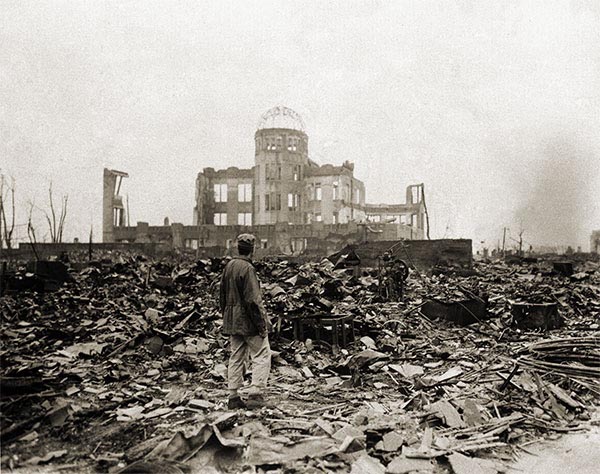June 10, 2009
I must fight this sickness

Dominic articulates some of the objections I too have with Alex's valuably provocative post. Alex has brilliantlly mobilised and mutated some of Reza's decay-thought (not least in his bravura theorization of Wonky, fully vindicated by the new Sa-Ra Creative Partners record, for me one of the albums of the decade, and fitting Alex's deliquescent-description perfectly - see my review in the latest issue of The Wire). But I'm not sure if there isn't a confusion of registers here - the corruption to which I (and I think Dominic) are referring is not some grand liquefaction, some rot teeming with pestilential potential. It's more tawdry, dreary and deadening than that. The current disintegration of capitalist parliamentarianism is yielding no fructifying putrescence, only a cynical confirmation of the capitalist realist sense that everything is both base - and boring. The corruption I'm talking about is the corruption of PR, capital's natural language, and something which has indeed insidiously infects all aspects of work and culture, but not in any way that is interesting.
What I find most valuable in Badiou is precisely the emphasis on anti-worldliness; but 'being worldly' is of course not the same as 'being material'. 'Worldliness' entails accommodating oneself to a social phenomenology (to use a phrase Ben recently invoked), a set of determinations about what is possible which, crucially, have nothing to do with the constraints imposed by materiality. What's inspiring about Badiou's polemics is, in other words, their refusal of capitalist realism (which in one of its guises is the Sarkozyism magnificently eviscerated in The Meaning Of Sarkozy.) And what appeals to me about Badiou is certainly not The System (which as a maths-incompetent I have little affinity for and limited interest in) but his delineation of a militant phenomenology, his demand that we maintain fidelity with that mode of subjectivity which, through struggle, through unplugging from the dull somnambulism of the social, has attained a higher pitch of existence. The problem for me is that this seems to amount to a descriptive itinerary which might be encouraging but has limiited political application - the political question is how these militant break-outs can be engineered, not what they are like once they have already happened. (I think Alex is right that speculative realism might offer better resources for thinking a new politics than Badiou's retro-modernism.)
Yet none of this has anything to do with the year zero I've been talking about. Year zero will not confer militant subjectivity on anyone as of right; nor will it redemptively 'cleanse' us. Year zero very definitely does mean a 'clean slate'. It means a cleared space. It is not a pristine space; far from it, as Alex himself memorably put it, it's a space strewn with 'ideological rubble'. The 'neoliberal reboot' that Dominic fears is one way - the dreariest - that the space could be used. Yet it isn't the only way. The neoliberal mind paralysis is over, even if we are only just, fitfully, reviving from its pacifying effects. To take advantage of the ideological dereliction that we're in the midst of entails not ascending into some sanitised high ground but - quite to the contrary - dirtying our hands with the problem of organisation. We must also dirty our hands by fighting over the popular terrains - media, cyberspace - that Badiou, at his high-handed worst, is wont to a priori dismiss.
Posted by mark at June 10, 2009 05:44 PM | TrackBack